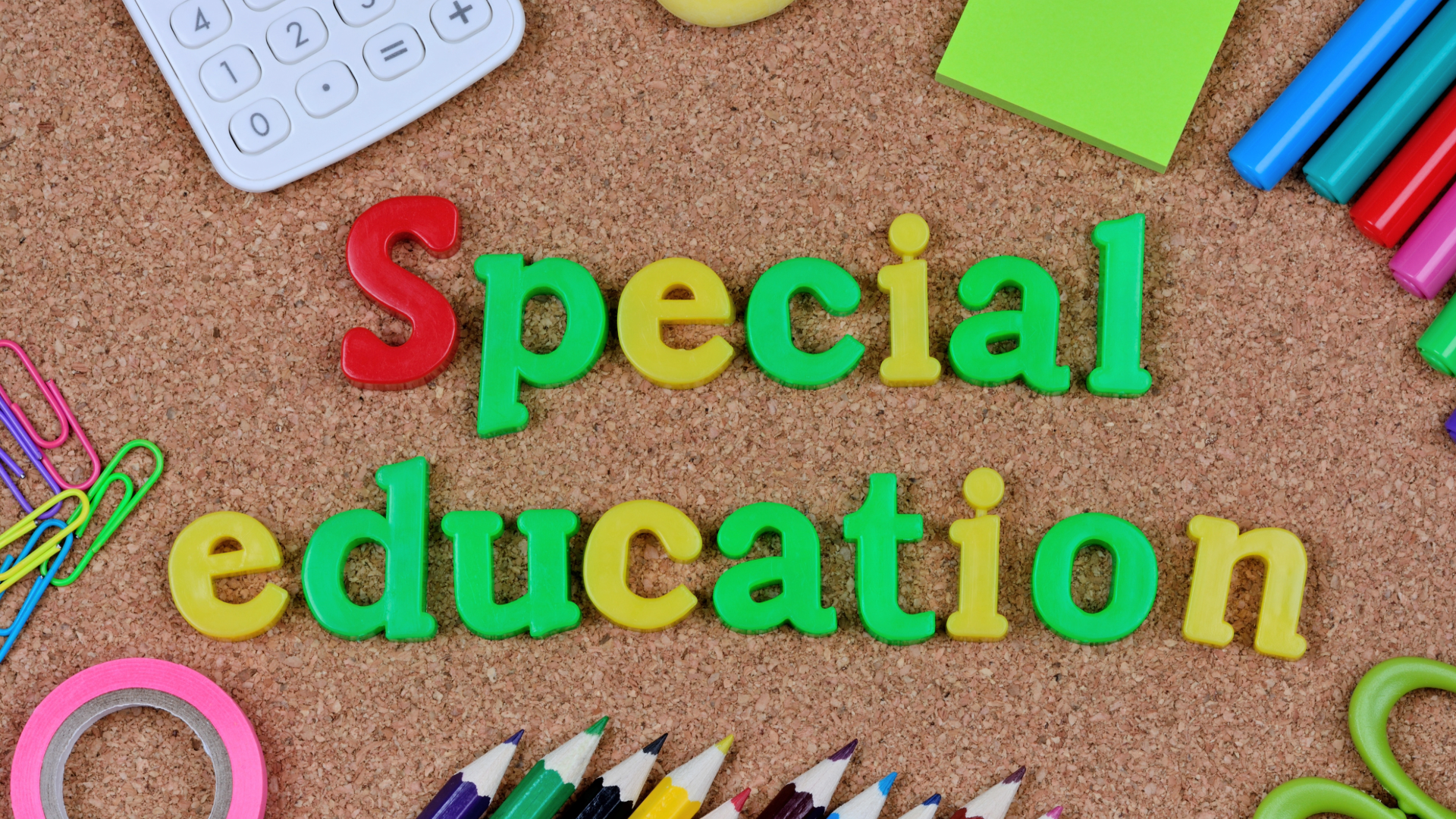Families trust schools to provide a safe, supportive environment for all students — especially those in special education programs who may require additional care, supervision, and accommodations. Unfortunately, cases continue to emerge across the United States involving the abuse or neglect of students with disabilities in public school settings.
These incidents can be particularly troubling when the children affected are nonverbal or unable to fully communicate what they have experienced. When school personnel violate their duty of care, families may have legal recourse.
What Constitutes Abuse or Neglect in a Special Education Setting?
Abuse in schools can take many forms, including:
- Physical abuse (e.g., inappropriate restraint, isolation, or hitting)
- Emotional abuse (e.g., threats, humiliation, intimidation)
- Neglect (e.g., ignoring hygiene needs, withholding food or water)
- Violations of behavior or safety plans
- Failure to report suspected abuse under state-mandated reporting laws
These actions may not only cause immediate harm but also lead to long-term psychological trauma, regression in development, or a loss of trust in caregivers.
Signs That May Indicate Abuse
Because many students in special education classrooms have communication challenges, families should be alert to behavioral or physical signs that something may be wrong. These include:
- Unexplained injuries or recurring complaints of pain
- Sudden changes in behavior or school performance
- Regression in toilet training, language use, or social interaction
- Avoidance of certain staff members or fear of going to school
- Lack of communication or transparency from school officials
If these signs appear — particularly without clear explanation — it may be time to investigate further.
Legal Protections for Students With Disabilities
Students in special education programs are protected by numerous state and federal laws, including:
- Individuals with Disabilities Education Act (IDEA)
- Section 504 of the Rehabilitation Act
- Americans with Disabilities Act (ADA)
- State child protection and mandatory reporting laws
When schools fail to uphold these protections, families may be able to pursue claims involving:
- Civil rights violations under federal law
- Negligence or gross negligence by school employees
- Educational harm resulting from abuse or mistreatment
- Failure to report or act on known or suspected abuse
What Families Can Do
If a parent or guardian suspects that a child in special education has been abused at school, they should take the following steps:
- Document all observations (behavioral changes, injuries, school communications)
- Request records from the school, including incident reports and IEP documentation
- Report the incident to child protective services or local authorities, if appropriate
- Consult with a qualified attorney to understand potential legal claims and options
Timely legal advice can help ensure that important evidence is preserved and that school officials are held accountable for misconduct or inaction.
Conclusion
All students have the right to feel safe and respected in their educational environment. When that trust is broken — particularly for vulnerable children in special education — legal action may be necessary not only to secure justice but also to prevent future harm to others.
Parents and guardians who believe their child was harmed in a school setting should not hesitate to seek help. Legal professionals experienced in school abuse and disability rights cases can guide families through the process and fight for the accountability they deserve.
Disclaimer: The information provided in this blog post is for general informational purposes only and does not constitute legal advice. Reading this post does not create an attorney-client relationship between you and Sauder Schelkopf. Laws vary by jurisdiction, and the application of law depends on individual circumstances. You should not act or rely on any information in this post without seeking professional legal counsel. If you need legal assistance, please contact a qualified attorney to discuss your specific situation.
